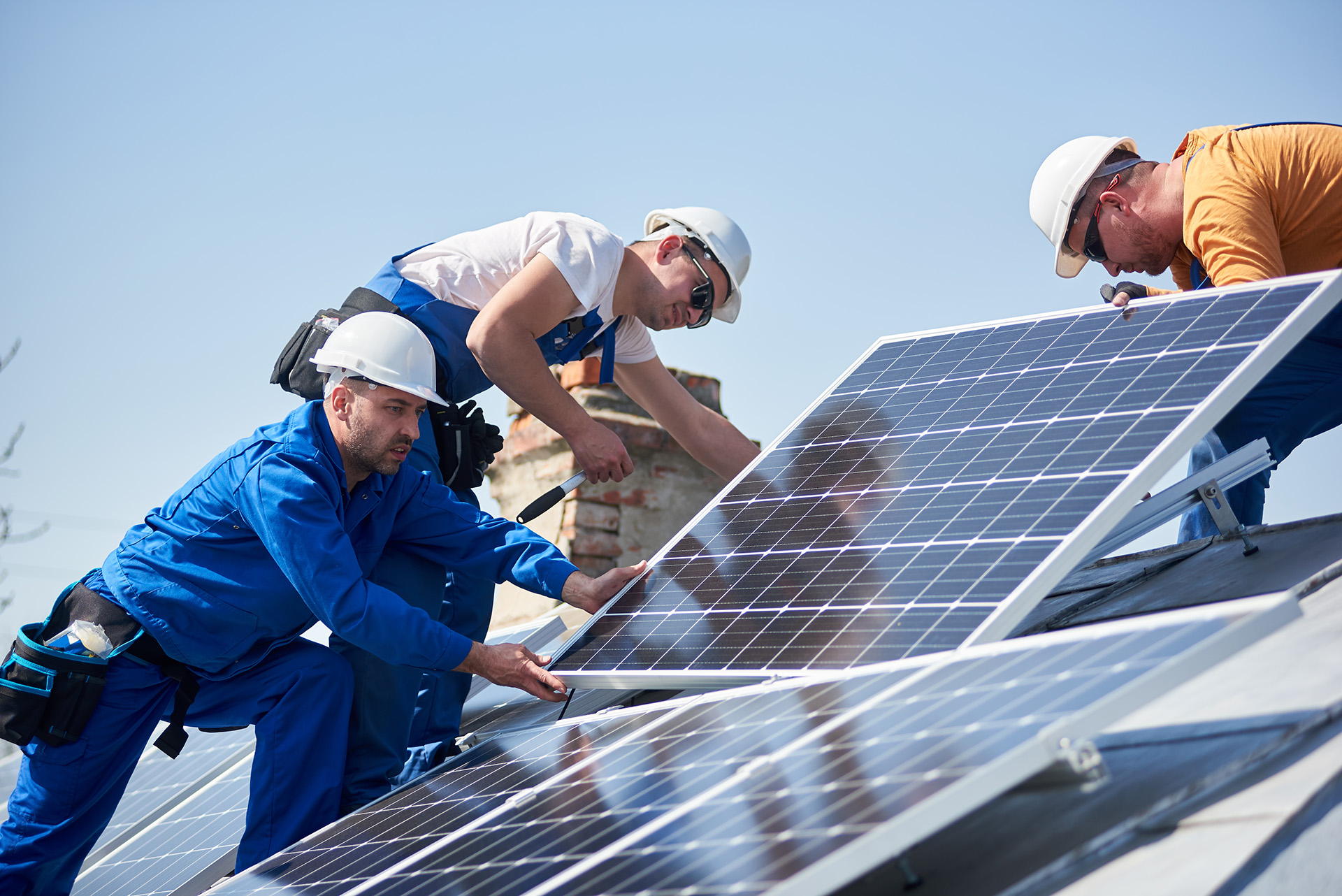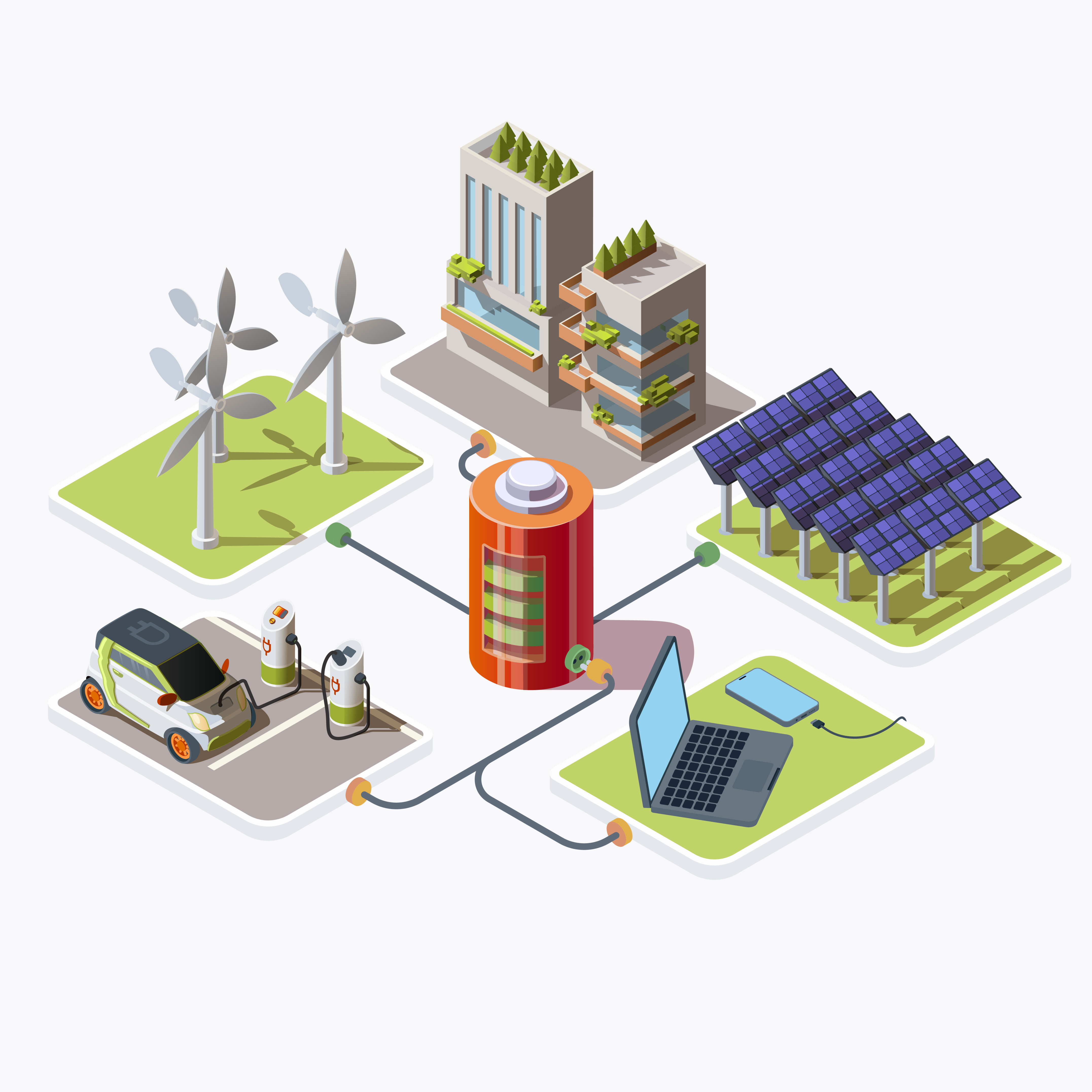Table of Contents
ToggleIntroduction
In today’s world, the need to reduce our carbon footprint has never been more urgent. With climate change posing significant threats to the environment and human health, finding sustainable solutions to our energy needs is paramount. Heat pumps have emerged as a promising technology that not only provides heating and cooling but also helps to reduce carbon emissions. In this comprehensive guide, we’ll delve into the intricacies of heat pumps, exploring their functionality, environmental benefits, factors to consider when choosing one, practical tips for maximizing energy efficiency, and real-life case studies showcasing their effectiveness.
Understanding Heat Pumps
At their core, heat pumps operate on the principle of heat transfer. Instead of generating heat through combustion, as traditional heating systems do, heat pumps extract heat from one source and transfer it to another. This process is achieved through a refrigeration cycle, which involves the compression and expansion of refrigerant gases to absorb and release heat.
Benefits of Heat Pumps
Compared to traditional heating systems powered by fossil fuels, heat pumps offer numerous advantages: Heat pumps produce fewer carbon emissions because they do not burn fossil fuels for heat generation.Heat pumps are highly efficient, capable of delivering more heat energy than they consume in electricity.While the upfront costs of heat pump installation may be higher, the long-term savings on energy bills can offset this initial investment. Heat pumps utilize renewable energy sources such as the sun, ground, or water, making them environmentally friendly alternatives to fossil fuel-based heating systems.
One of the most significant environmental benefits of heat pumps is their ability to reduce carbon emissions. By utilizing renewable energy sources such as the ambient air, ground, or water, heat pumps eliminate the need for fossil fuels, which are a major contributor to greenhouse gas emissions. Heat pumps are highly efficient heating and cooling systems that can deliver more heat energy than they consume in electricity. This high level of efficiency results in lower energy consumption and reduced greenhouse gas emissions compared to traditional heating systems.
The widespread adoption of heat pumps has the potential to significantly reduce carbon emissions from the residential and commercial sectors. By transitioning away from fossil fuel-based heating systems and embracing renewable energy technologies like heat pumps, we can mitigate the impacts of climate change and work towards a more sustainable future.
Factors to Consider When Choosing a Heat Pump
The effectiveness of a heat pump depends on factors such as climate and location. While air source heat pumps are suitable for most climates, ground source heat pumps may offer greater efficiency in regions with moderate to cold temperatures. It’s essential to consider the climate and environmental conditions when selecting the appropriate type of heat pump for your needs.
Proper sizing and capacity are essential considerations when selecting a heat pump system. An oversized or undersized unit may result in reduced efficiency and performance, leading to higher energy consumption and operational costs. A qualified HVAC professional can help determine the correct size and capacity for your specific heating and cooling requirements.
The installation of a heat pump requires careful planning and consideration of factors such as site conditions, space availability, and upfront costs. While heat pumps may have a higher initial investment than traditional heating systems, they offer long-term savings on energy bills and operational expenses. It’s essential to consider the installation requirements and costs associated with different types of heat pumps when making your decision.
When choosing a heat pump, it’s essential to look for energy efficiency ratings and certifications, such as ENERGY STAR® certification. These designations indicate that the heat pump meets stringent efficiency standards and will deliver optimal performance and energy savings. Investing in a high-efficiency heat pump can help maximize energy savings and reduce your carbon footprint over time.
Practical Tips for Maximizing Energy Efficiency
Ensure that your heat pump system is properly sized and installed by a qualified technician to maximize efficiency and performance. An improperly sized or installed unit can lead to inefficiencies and increased energy consumption. A professional HVAC technician can assess your heating and cooling needs and recommend the appropriate size and capacity for your home or building.
Schedule regular maintenance and servicing for your heat pump system to keep it operating at peak efficiency. Routine inspections, cleaning, and tune-ups can help identify and address any issues before they escalate, ensuring optimal performance and energy savings. Regular maintenance also helps prolong the lifespan of your heat pump and reduce the risk of costly repairs.
Take advantage of programmable thermostats and smart controls to optimize your heat pump’s operation and minimize energy consumption. By programming your system to adjust temperatures based on occupancy and usage patterns, you can maximize comfort while minimizing energy waste. Smart controls allow you to remotely monitor and control your heat pump system, ensuring efficient operation and energy savings.
Consider integrating your heat pump system with renewable energy sources such as solar panels to further reduce your carbon footprint and energy costs. By generating clean, renewable electricity on-site, you can offset the energy consumption of your heat pump and achieve greater energy independence. Solar panels can supplement your heat pump’s electricity needs, further reducing your reliance on grid power and fossil fuels.
Residential Heat Pump Installation
John and Sarah, homeowners in a cold climate region, decided to replace their outdated oil furnace with an air source heat pump. After installing the heat pump, they experienced a significant reduction in their heating bills and noticed a marked improvement in indoor comfort levels. The heat pump also eliminated the need for oil deliveries and reduced their carbon footprint, contributing to a cleaner and more sustainable environment.
The City of Greenfield launched a community-wide initiative to install air source heat pumps in residential neighborhoods to reduce carbon emissions and improve air quality. The project received widespread support from residents and local businesses and has since become a model for sustainable heating and cooling solutions. The community heat pump project has helped reduce energy costs for residents, create local green jobs, and foster a sense of community resilience and environmental stewardship.
Conclusion
Heat pumps offer a sustainable and efficient heating and cooling solution that can significantly reduce carbon emissions and lower energy costs. By harnessing renewable energy sources and maximizing energy efficiency, heat pumps contribute to mitigating climate change and creating a more sustainable future for generations to come. Whether you’re a homeowner, business owner, or community leader, investing in heat pump technology is a step towards reducing your carbon footprint and building a cleaner, greener world. By understanding the benefits of heat pumps, considering key factors when choosing one, and implementing practical tips for energy efficiency, you can make a positive impact on the environment and enjoy the benefits of clean, renewable heating and cooling for years to come.
FAQs
What is a heat pump and how does it work?
A heat pump is a heating and cooling system that transfers heat from one location to another using refrigerant gases. It works by extracting heat from the air, ground, or water source and transferring it indoors or outdoors to provide heating or cooling, depending on the season.
How do heat pumps reduce carbon emissions?
Heat pumps reduce carbon emissions by utilizing renewable energy sources such as ambient air, ground, or water to provide heating and cooling, eliminating the need for fossil fuels. By avoiding the combustion of fossil fuels, heat pumps significantly reduce greenhouse gas emissions and contribute to a cleaner environment.
What are the benefits of heat pumps compared to traditional heating systems?
Heat pumps offer several advantages over traditional heating systems, including higher energy efficiency, lower operating costs, and reduced environmental impact. They also provide heating and cooling capabilities in a single system, eliminating the need for separate heating and cooling systems.
What factors should I consider when choosing a heat pump?
When choosing a heat pump, it’s essential to consider factors such as climate suitability, size and capacity, installation requirements, and energy efficiency ratings. Consulting with a qualified HVAC professional can help you select the right heat pump for your specific heating and cooling needs.
How can I maximize the energy efficiency of my heat pump?
To maximize the energy efficiency of your heat pump, you can ensure proper sizing and installation, schedule regular maintenance and servicing, utilize programmable thermostats and smart controls, and integrate your heat pump system with renewable energy sources such as solar panels.







